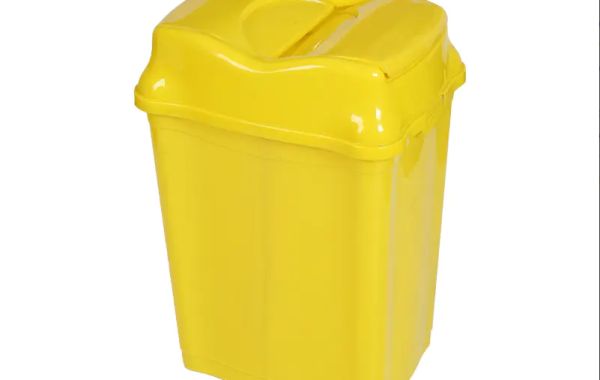Medical device molds offer numerous advantages in the manufacturing of medical equipment and devices. Here are some key advantages of medical device molds:
Precision and Consistency: Medical device molds are designed to ensure precise and consistent production of medical components and devices. They enable the creation of complex geometries, intricate details, and tight tolerances, ensuring that each molded part meets the required specifications.
Customization and Versatility: Medical device molds allow for customization and versatility in product design. Manufacturers can easily modify the mold to accommodate different product variations or adapt to evolving market demands. This flexibility ensures that medical devices can be tailored to meet specific patient needs or specific medical applications.
Cost-Effective Production: Medical device molds enable cost-effective production due to their ability to produce high volumes of parts in a short time. The use of injection molding technology allows for efficient material utilization, minimizing waste. Additionally, the high-speed production capabilities of molds contribute to reduced labor costs and overall manufacturing expenses.
Material Compatibility: Medical device molds are designed to accommodate a wide range of materials used in the medical industry, including biocompatible plastics, elastomers, and metals. This allows manufacturers to select the most suitable material for specific medical applications, ensuring compliance with regulatory requirements and patient safety.
Sterility and Hygiene: Medical device molds are constructed to meet strict hygiene and sterilization standards. They are manufactured using materials that can withstand sterilization processes such as autoclaving or chemical sterilization. This ensures that the molded medical devices can be safely used in sterile medical environments without compromising patient safety.
Quality Assurance: Medical device molds undergo rigorous testing and validation processes to ensure the production of high-quality medical devices. This includes thorough inspections, quality control measures, and adherence to regulatory standards. The use of molds helps manufacturers maintain consistent quality and reliability in the production of medical devices.
Faster Time-to-Market: Medical device molds contribute to faster time-to-market for new medical devices. The streamlined production process, coupled with efficient mold design and manufacturing, allows for rapid prototyping, testing, and production. This enables manufacturers to introduce innovative medical devices to the market more quickly, benefiting patients and healthcare providers.
In summary, medical device molds offer advantages such as precision, customization, cost-effectiveness, material compatibility, sterility, quality assurance, and faster time-to-market. These advantages contribute to the efficient and reliable production of medical devices, ensuring the highest standards of quality, safety, and patient care.







